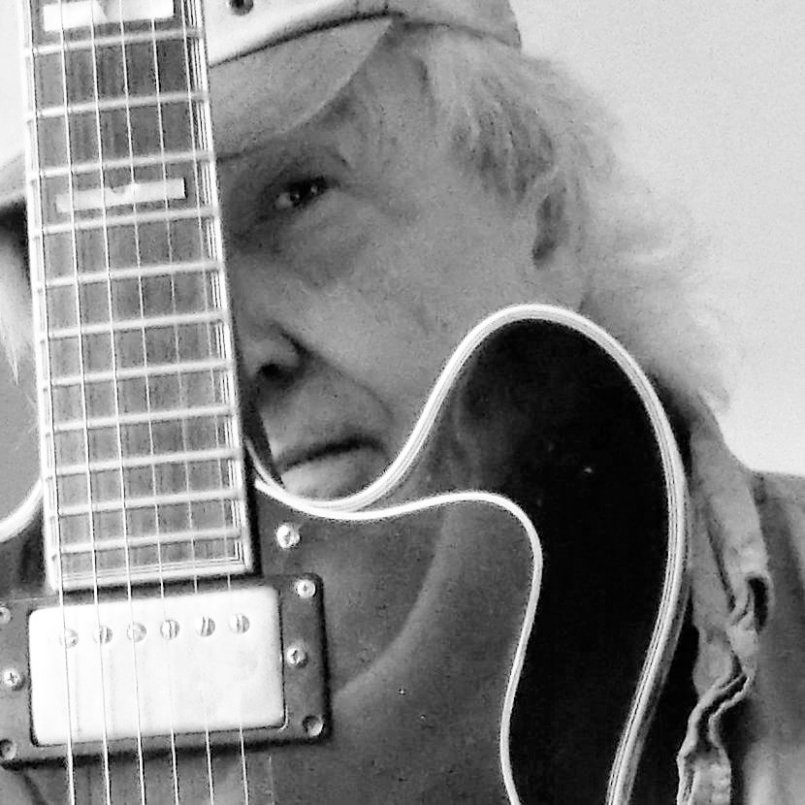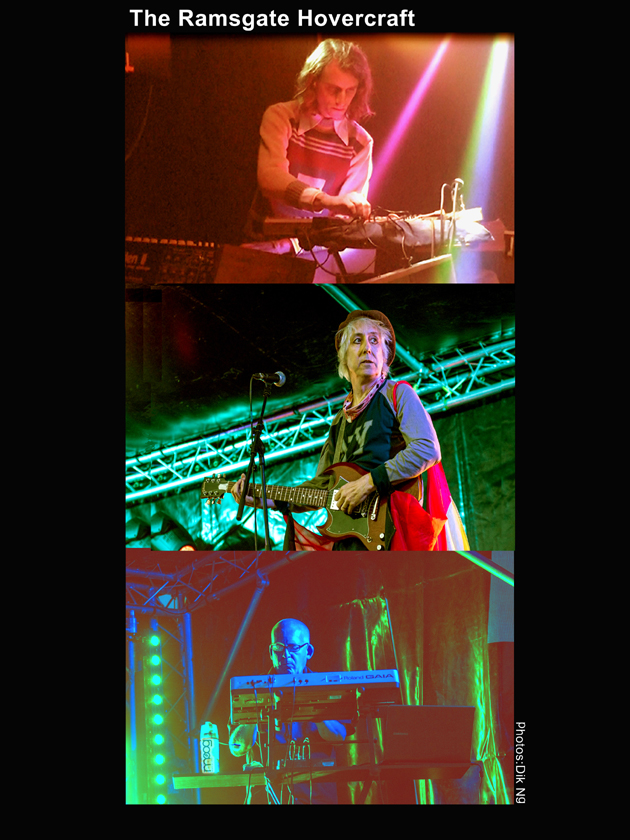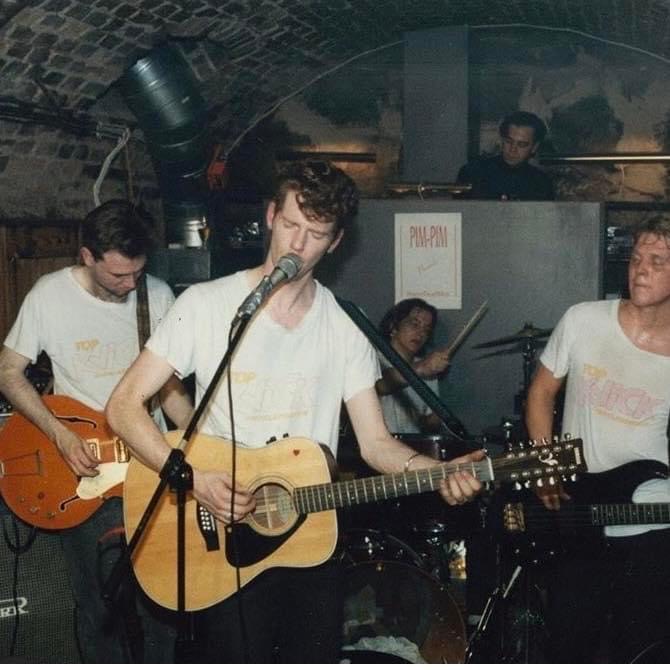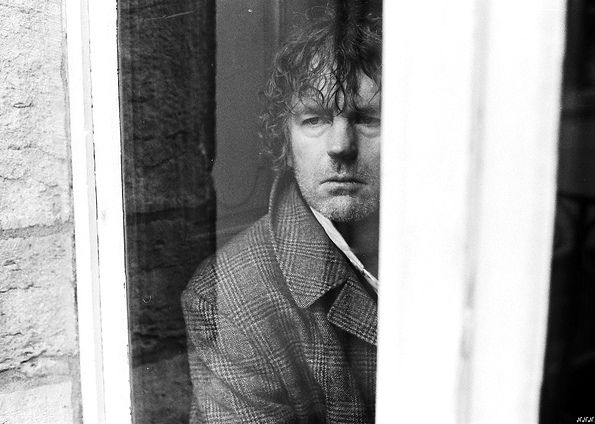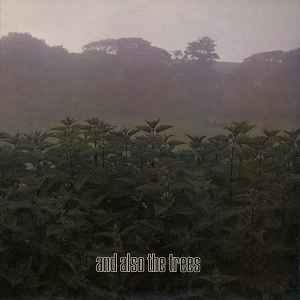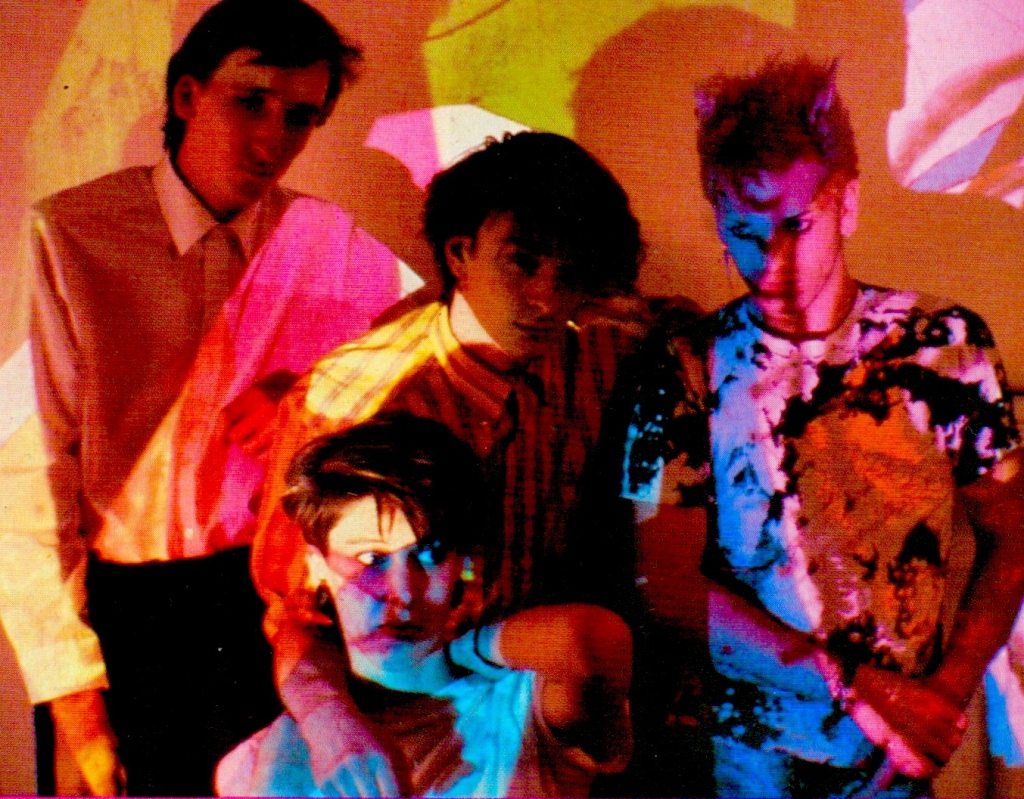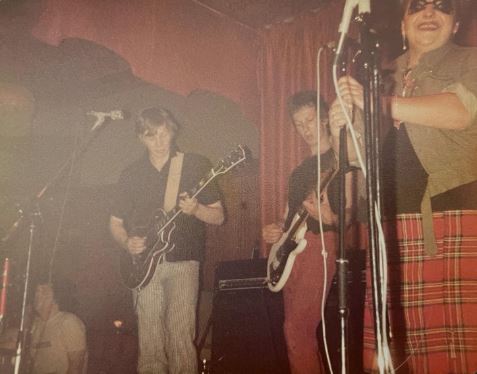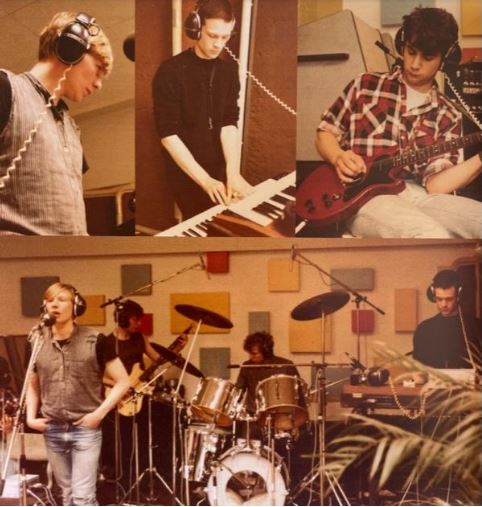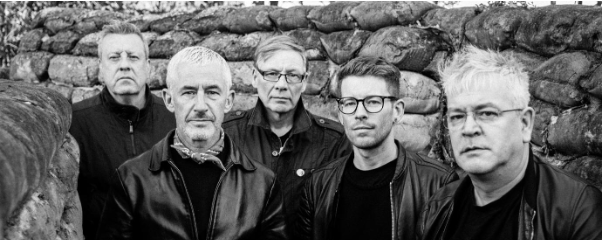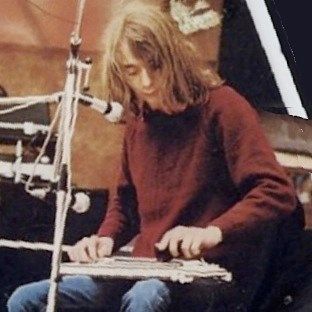Mick Clarke is a British blues guitarist and songwriter who was a founding member of the band Killing Floor. The blues rock unit lasted from 1968 to 1972 with a couple of albums and several singles to their credit. The band reformed in 2002 and have released 2 more albums. In 1975 Mick co-founded the band SALT, and although did not release any material at the time, a compilation of the complete studio recordings, “The Cobra’s Melodies”, saw the light of day in 2011. In the early 80’s Mr. Clarke formed his own group, The Mick Clarke Band. Mick and his band have been favorites at many music festivals over the years and have played alongside such artists as Johnny Winter, Rory Gallagher and Canned Heat to name a few. Mick has released 23 solo albums to date, his latest, “The Blues, Man, Rides Again!” just came out recently. My guest continues to tour, record and release new material.
Welcome Mick! Take us back to the beginning. Where were you born?
Hi Greg. Born in Wimbledon, not near the tennis courts, more to the south on the edge of suburban Merton Park, in Nelson Hospital, named after our naval hero Horatio. Lady Hamilton’s house is just down the road and he used to pop round to see her and attend the local church. There are steps there where he used to get up on his horse after the service.
Fond childhood memories?
Dad was a news agent so I was literally brought up in a sweet shop. And yes, I got a sweet and a comic every day. Spoilt rotten.
I was born five years after the second world war ended – there were still bombed out houses etc – smogs – old men in ex army greatcoats puffing on woodbines. But a loving family – mum and dad, two elder brothers, a cat and some chickens!
Early on do you remember hearing music in the house?
Someone gave us an old wind-up gramophone and a pile of 78s. I loved it – they were mainly novelty records like ‘The Laughing Policeman’ or ‘A Four-Legged Friend’ by Roy Rogers. My favourite was ‘The Runaway Train’ – not sure which version that was.
Do you come from a musical family?
No. Dad would play the piano after a sherry but only from the sheet music and not very well. Don’t know where I got it from – some strange throwback.
First single or album you bought?
Me personally – ‘Telstar’ by The Tornados. At the time it was a revolutionary ‘heavy’ sound. I loved The Tornados and bought nothing but instrumental records for a couple of years.
But there were other influences. Mum bought show albums like ‘My Fair Lady’ and I learned all the songs and lyrics by heart. And my brother Derek bought the hits of the day – Elvis, Cliff Richard, Lonnie Donnegan. And the B Sides were often blues and R&B.
At what age did you begin playing guitar?
About 13. Some friends had ‘a group’ and I thought it seemed exciting. And I found I could play it quite easily, as long as it was one string at a time stuff. I was never that good at chords, but my friend Nigel was, so we worked well together.
What musicians you were into early on?
Everyone. I was so lucky because my teens coincided with the 60s and the start of the beat boom. Beatles, Stones, Animals, Yardbirds – all of them.
First concert you attended?
Probably The Kinks. Headliners were The Hollies and The Dave Clarke Five. Great! During that time I saw The Animals, Yardbirds, Small Faces, lots more. Never saw The Beatles (or The Stones until later). All very exciting.
You got your first taste of the music industry as an assistant engineer at Advision Studio.
I lost interest in school and was happy to drop out at 15. I wrote off to Advision and got a job offer as a ‘tape jockey’. It was exciting – they were a top studio and I did sessions with Jimmy Page, Graham Bond and others. Our big hit was ‘Winchester Cathedral’ by The New Vaudeville Band. But I was no good at the job – not enough technical know-how – and I think it was not really what I’d expected. I think I wanted to be a producer, not an engineer. I remember one long evening recording two opera singers at a piano. I thought ‘this ain’t rock’n’roll’. Anyway, they chucked me out after a month.
Was your first formal band Cliff Charles Blues?
Yes, we met through an ad in the Melody Maker music mag. He had a flat in Covent Garden, in the heart of the West End, so it was quite exciting hanging out there. And just round the corner was ‘Middle Earth’, the big hippy club. So we played there, a college date with Graham Bond, and a spot with Fleetwood Mac.
I love early Fleetwood Mac. What was it like playing a date with Peter Green?
It was brilliant. This was a tiny club, The Nag’s Head pub in Battersea, and I’d been along a few times to see them there – catching Mr. Green at his peak, I would say. And then we got to play in the interval. I played through Peter’s Vox amp but Mike Vernon came over and turned it down a bit which I thought was a bit unfair. Anyway, we just did three songs and afterwards I bumped into Peter on the stairs and he said “That was good”. I probably just turned bright red and stumbled on. Still it’s a nice memory.
Talk about the formation of Killing Floor.
After Advision my Mum got me a proper job in an office in The City. It was horrible but at least I was able to buy my first Gibson and Marshall. I found myself in a band called ‘The Loop’ and they advertised for a singer and this bloke Bill Thorndycraft turned up. I thought his voice was a bit like Long John Baldry, and he played electric harp which was rare in those days. And we got on well. We did one gig with the band and it was a disaster, so we thought maybe we could form a new band together.
So we advertised, again, in the Melody Maker. Mac, the bass player had come down from Wales and was sleeping in his van outside Clapham South tube station. Bazz the drummer was someone Bill knew from his previous band’s touring in Germany, and we found the pianist Lou Martin, again, through the Melody Maker. Bill and Mac went over to his family home in Woolwhich and were bowled over by his playing.
Your first show was at Middle Earth with Captain Beefheart. Memories of that gig?
Bazz’s brother was a policeman, and Middle Earth was on his beat, so he popped in and got us a gig! They billed us as ‘Policeman’s Special’. We played on one of the smaller stages – about half an hour – it was OK. Then we got to watch Captain Beefheart which was entertaining. I loved Middle Earth – smelt strongly of joss sticks, no doubt to cover up other smells. Big light shows – all of that.
You also played with the early Jethro Tull, which was very blues oriented at that time.
Yes, all the bands seem to have started as ‘blues bands’ – perhaps because that was trendy at the time. I liked the early band – Mick Abrahams was a great guitarist – I could never copy some of those jazzy runs he could do. We played with them at a big place called The California Ballroom, just North of London. Ian Anderson came over and watched us until I started a song in the wrong key and we had to stop half way through. Then he left – don’t blame him.
What are your memories of recording the first album, 1969’s Killing Floor?
Haha. Exciting but chaotic. Pye No. 2 studio in the West End – a top studio with an excellent engineer. But we were as green as the hills and our producer was crap. I can say that now, because he’s dead. Sorry John. He was our manager and knew nothing about our music – other than that blues was the happening thing at the time. So the first thing that happened was that he said that all the songs had to be originals. Well they weren’t – they were Chicago Blues standards. So Bill had to go and sit in the toilet and re-write all the lyrics. Then we thundered through the set and, in my opinion, made every rookie mistake in the book. I remember doing a guitar dub where I couldn’t hear what I was playing – sure enough it turned out to be way out of tune. There were ill judged ‘spontaneous’ spoken bits and we recorded far too much music for an LP and had to chop it up viciously afterwards.
But the worst thing was when the record came out. We assembled at Bill’s mum’s house to play it through her old stereo Radiogram. But there was no guitar! Just the echo of the guitar! They’d panned it so far to one side that the early mono / stereo vinyl wasn’t picking it up. I went mad – threw a screwdriver across the room and broke one of Bill’s mum’s cups! Got to laugh now, but I was seriously pissed off.
We marched up to the manager’s flat and he put the record on – and it played perfectly. But nine times out of ten it didn’t pick up the guitar, including when it was played on BBC Radio, and when I took it up to BBC DJ Mike Raven’s place for him to write the sleeve notes. I think it lost half the impact and could have been more successful if people had heard it properly.
Hideaway – Freddie King & Killing Floor
How did you hook up with Freddie King? And tour with him?
Well, to be fair, that was something that our manager got right. I remember him hinting at it backstage at The Marquee Club in London… ‘Groovy things happening boys!’. We were embarrassed at the time, because this was in front of The Nice, who’d just returned from their American tour, and we thought what a dork our manager was. But yes, he did sort out a tour with Freddie.
So we ended up doing two tours with Freddie and would have done a third, except he didn’t get his advance money, so he didn’t come over. Lovely man, very professional, great guitarist, great singer, great showman, great professional. I learned so much, though probably didn’t realise until much later. Years later my wife heard a tape of our shows and said ‘sounds like you’. It was only then that I realised how much I’d soaked up. Yes, I was doing loads of his runs and tricks, only in my own way. So a big important influence.
How was it playing in Switzerland and Germany? How were the audiences?
At that time the European club and festival scene hadn’t really developed, so the gigs were mainly residencies in discos, two or three weeks at a time. One was the PN Hit House in Munich – right in Schwabing, the trendy bit, the ‘Kings Road’ of Munich. Again – chaos. We had no idea where we were going – I remember getting off the ferry in Belgium and asking truck drivers “which way to Munich?” – (about 500 miles away). So of course we were really late – arrived there when the club was in full swing – got the gear through the people and then I realised I had to change our mains plug for a German one – in the dark – tired – hungry – and with six sets to play. And the manager complaining all the time – “Too Many Volumes!”.
Another one was the Hirschen in Zurich – just a hangout for the local hookers basically. But we enjoyed it, mainly because we got to play a lot – and when we got back to the UK we were a far tighter band. All the bands did the circuit – when we arrived at the Hirschen there was a note from the previous band, who later changed their name to Black Sabbath.
2nd album, Out of Uranus from 1970, obviously a play on words?
My fault. A friend mentioned that a band at his college was called ‘Out of Uranus’ and I innocently repeated this at a band meeting where we were deciding on a name for the album. So that was it.
And the record company had a cover which had been designed previously for another record and never used – so we just slung the two together – no particular connection. Although the cover was quite iconic and pops up now in collections of 60s artwork, the guy who did it became a bit of a name.
The album was recorded on Larry Page’s Penny Farthing label. Some great music was released on that label. Last year I spoke with Paul Griggs who was in the band Octopus, and they recorded on Penny Farthing.
I don’t know Octopus. We felt that Penny Farthing was pretty much a pop label, but Larry Page did have some contacts. His big successes had been The Kinks and The Troggs. So we nearly had a hit single from the album – ‘Call For The Politicians’ and we went on BBC radio and TV. The single did quite well in Germany, but nobody told us at the time! Usual story.
The band appeared on BBC2 on what would be the predecessor of The Old Grey Whistle Test. How was that miming to “Milkman”? The entire 5 minute + version or a shorter version?
Yes, that was our big TV appearance. I think it was the full length, although we had to remix it without the vocal, so we mimed to the backing track and Bill sang the vocal live. A bit bizarre – all of us standing on our little podiums – Bazz bashing away on the plastic cymbals they gave him. That TV version is actually available on a later CD release, but I’ve never been able to track down the video.
What was Funky Fever?
Well Killing Floor weren’t doing much at this time, and I got offered a three-week tour of American bases in Germany with this band Funky Fever. I just wanted to play gigs and earn money so I took it, although I felt bad about letting KF down somewhat. Lenny Zakatek was the singer – a kind of Cliff Richard character – nice guy and clearly an excellent singer. I’m glad he did well with Alan Parsons.
Talk about playing in Germany at a gig where someone shot a gun before the show?
Yes, it was in the bar / restaurant at one of the bases before the gig. I clearly remember seeing the gun waved and hearing the bang – I dived under a table until it was all over. I think someone was shot but not killed. I hope not.
What do you think led to to the breakup of Killing Floor?
Just lack of success – lack of work – lack of money. We’d started off in the ‘Blues Boom’ of the late sixties but that had declined quickly, so by 1972 we were a bit lost. We’d been finding work in Europe, but as I said, the scene hadn’t really developed at that time. So we’d tried to ‘go progressive’ but that didn’t really seem to work for us in the UK.
If I have one regret it’s that I didn’t push to get the band over to the States. Our first album had been released there on ‘Sire’, who were a new small label then, but part of ‘London’ which was a major label. When we asked our manager about an American tour he shrugged it off. I should have taken things into my own hands and written to Sire directly – I think if we could have got over then we would have had some success in the vein of Savoy Brown or Foghat. In fact I remember popping into one of Foghat’s rehearsals before they left for the States. I think we were borrowing an amp or something. And we’d seen Savoy Brown come back from their first tour with far more confidence and charisma than they’d had before. So all the signs were there. We should have pushed harder. But then, it’s easy to say with hindsight.
Next came a revamped Toe Fat with Cliff Bennett. How long does that last?
Only about six months, but it was a busy time. We did a lot of work and toured in England and Scotland with The Pretty Things. Cliff had a single out ‘Brand New Band’ which looked like it was going to chart, but in the end it didn’t and the whole thing fell apart pretty quickly after that.
John Bryant, “Go-Girls” and equipment blowing up. Explain.
Just one of those jobs you get offered. John Bryant was a friend of Bill’s and had a deal with Polydor. So he got this gig to go up to Bristol and appear in a TV Series that was being made called Go-Girls. It was a kind of light weight adventure / romance thing about a team of go-go dancers travelling around having adventures. I was recruited as guitarist and was told it was going to be a scene in a disco where everything goes wrong and starts blowing up. And I was given a guitar with explosives attached and the instruction ‘when I count to three make sure your strumming hand is in the up position..”. OK. So I duly followed instructions and mimed away until the set went bang bang bang around me including my guitar. I survived with both hands intact. I saw the video but again I’d love to get hold of a copy. The same day the whole production went bust and ground to a halt, so Go-Girls never made it to the screen.
Next comes Daddy Longlegs. So you had posted an ad in Melody Maker?
These were kind of wilderness years. I was out of work, broke, bored, but only still about 23 years old. Daddy Longlegs had previously had major record deals but were reforming from scratch, and I got involved.
You guys toured and played quite a bit. Special gigs you remember?
We did a lot of work including three tours of Holland and one of Sweden and Denmark. But it was all small-time stuff – little clubs etc and we never got hotels! Cliff, the bandleader, liked to save money so we always slept on peoples’ floors. It was an exhausting year!
Did you enjoy playing in Panache?
Panache! One of the most mis-named bands in history! It was a kind of prog band – the other guitarist was a kind of Robert Fripp, very good and a very nice guy. But the whole thing lacked stage presence – our gigs were dismal. We got booed at one of them I remember. To be honest I was just there for my weekly pay packet, via a couple of dodgy looking business men who dropped in once a week to check on us. Later I got my friend Mac in on bass, and we got Blue Cheer’s drummer, but it still didn’t go anywhere.
1975 – Next comes SALT with you and Stevie Smith. Since the name is in all caps, does each letter stand for something?
No, we just thought it didn’t look big enough on posters, so we went for all caps. And later we put dots in which I’ve always regretted. Don’t mess about with names!!
But it was an excellent band – Stevie was a charismatic front man and great harp player. You could feel from the very first gigs that there was an energy there between the band and the audience, and we soon built a strong following.
The band got a residency at The Marquee Club. That’s when you’re doing well as a band.
Yes, they were really good nights – we could pretty much fill the place and it was always exciting – playing this place where I’d previously seen Jeff Beck, Cream etc. But by the time we paid for van, PA, manager, agent etc we’d end up with £5 each! That’s the Big Time for you.
But your guitar was stolen, but returned months later?
We played a gig in Leeds, Northern England, and my guitar disappeared from the dressing room. So for about nine months I used borrowed Les Pauls on the gigs while I was saving up my money. Then we went back to the same club and someone tipped us off about the guitar – we went round to some guy’s house in the middle of the night and he handed it over. He’d stripped all the red finish off so I’ve left it like that – actually I prefer it.
And you guys got to play the Reading Festival.
That was a great afternoon – the biggest festival in the UK at the time. We were on early but we had the crowd and we really ripped it up. Good memory.
1978 – you got married and left the UK for California.
Well – punk and new wave was coming in in the UK and I didn’t feel that bands like ours were going to get anywhere. I was married to an American, so I thought let’s go and see what possibilities there are over there.
A bit of a culture shock?
Yes, pretty strange. I was immediately horribly homesick which I hadn’t expected. But we got an apartment in West Hollywood, right off The Strip, so it was exciting in a way. I appreciated a lot about the U.S. – a lot of things worked better than back home. The phones were efficient – you had all night TV pizza deliveries! We had none of that. And I travelled around a bit to Malibu and up to San Francisco. But it was ultimately boring – the music scene was all rock harmony bands trying to be the next Foreigner or something. Not much blues in L.A. at that time.
I didn’t realize you auditioned for Badfinger. One of my all time favorite bands. Of course this was after Pete Ham had passed.
Yes, we rehearsed for about three days – they had a new record deal with Elektra. But ultimately I wasn’t right for them – I’m a blueser not a pop player. I remember them jamming a Beatles medley and it was brilliant, but that’s not me. They were a nice bunch of guys and I’m sorry they were plagued with such bad luck and tragedy.
You moved back to London after a year in L.A. Then you started up your own band, The Mick Clarke Band.
Yes, back to grimey, smelly old London. This was before it all got cleaned up in the 80s. I worked with a new version of SALT for a bit but I had a yearning to make my own music as well, so I did a demo and recruited some friends including Lou Martin and Rod De’Ath (Rory Gallagher Band) to play on it, which they did gladly.
With demo in hand, after approaching 22 record companies, you finally got a bite with an Italian label, Appaloosa – the label that your first 3 albums came out on.
Yes, that was a buzz, getting an acceptance letter from Milan. And for an album – I was just hoping to record a single. When I finally got sent the finished vinyl, the cover said ‘Mick Clarke Band’ so I thought – oh, I suppose I’d better form a group then! And then I had to learn to sing and front it – terrifying!
In the late 80’s how did you get to tour the west coast? Recollections?
We were playing a little pub in East London, and the landlord told me on the phone that there was an American band in town and the manager was looking for bands to take back to the States. So I was there that night with an album under my arm. That was The Rockin’ Razorbacks and their manager the late Steve Hettum. So I ended up in Portland, Oregon, living in the bass player’s basement. He’s been a good friend ever since. And we did well in and around Portland – up to Seattle, down to LA. We opened for Johnny Winter one night – that was great. Another time we played with Canned Heat and I got to meet Hank – Henry Vestine the Sunflower! But ultimately Steve said he couldn’t take us any further – he was just a local promoter – and I never made a profit from those trips. We started getting lucrative offers from Central Europe so that became our main thing.
How was it working with the legendary producer Mike Vernon on 1989’s Steel & Fire album?
I was honoured to work with Mike and I learned a lot. He was a good engineer as well as producer and had a practical approach. If the band was arguing about a minor aspect of the music he’d say “well will it affect sales?”, that kind of thing. In other words, just get on with the job. I see he’s living in Spain now and fronting his own blues band, so good luck to him.
Talking With the Blues
Throughout the first few years of the band, the albums sell pretty well. Talk about how the changes in the music industry in the mid 90’s began to hurt album sales.
Well we were riding high, relatively, and our new album ‘Roll Again’ had good advance sales, but home computers were coming in and people were making their own CD copies. After the initial advance sales everything just ground to a halt. Record sales were reduced to a tenth of what they had been, and many record company and record shop people that I knew were really struggling. So that was the start of it, and here we are now with streaming being the main thing.
At the beginning of the new millennium, take us through what transpired to reunite the Killing Floor and produce an album?
That was old Franco Ratti from Appaloosa Records, who’d given me that first album break. He said why didn’t Killing Floor do a re-union album? At the time Killing Floor seemed like ancient history to me – I hadn’t seen some of the guys for years. But anyway, we got together and everyone was really in to it. We couldn’t find Bazz initially, so we recruited Chris Sharley on the drums, but Bazz eventually showed up, living in Switzerland, and came over and played on a couple of tracks.
The album Zero Tolerance came out in 2004.
It did pretty well, for the time. Sold a few thousand and got good reviews.
Did you think there would be a demand for product from the band after all those years?
Funnily enough yes – the original albums had always been re-issued and had established a bit of a cult following. And there was the novelty value – quite a story, reforming after 32 years.
And you also got requests for playing festivals around Europe.
Yes, we did a bunch of festivals – all good. Italy, Belgium, Germany. Plus a couple of rock cruises out from Stockholm, floating around in the Baltic. That was fun. And later Sweden Rock Festival which was brilliant.
In 2007 you moved from London to what you call “The Surrey Badlands”. There you built your own home recording studio.
It was time to get out of London and we were able to get a nice detached house here in the Surrey / Sussex countryside with a big garden. I found a space to have my home studio, which I intended to use just for finishing off tracks recorded in proper studios.
But after a while I tried recording with a drummer using an electronic kit and it worked well, so then I thought maybe I could do the whole thing myself, and my strange solo recording career started!
How many albums have you recorded at “Rockfold”?
I’ve lost count. Maybe eleven? Twelve? Probably more. It’s all a bit ridiculous, but the trouble was, they did quite well! And I really enjoyed my new recording regime and kept getting more ideas for new tracks. So they just kept coming. And as I’ve said before, it’s my therapy as much as anything. I’ve noticed that when I take a break I can start to get a bit down – a few hours in the studio and I’m buzzing again!
And you also reformed SALT for a series of shows. How well did those go down?
That was the suggestion of a London promoter, Pete Feenstra. So we did a couple of local tours and it was a lot of fun. Some of the old crowd turned up. Not quite as noisy as they used to be, but it was still good.
When did you play at the Mostar Festival in Bosnia-Herzegovina?
In 2017 I got a call from my friend Dragan, who’s actually a big-time promoter – puts on all the top names. He was involved in a little blues festival in this exotic town of Mostar, which to my shame I’d never really heard of. Anyway, I flew over there with my wife and we worked with a rhythm section from Belgrade, who I already knew. And it was a great trip – a really beautiful place, great people, an excellent gig. And I learned a lot about the conflict in Bosnia-Herzegovina a few years ago – I really hope the region can maintain peace in the future.
Interesting doing these interviews the connections I find. I had a recent chat with Damian Katkhuda of The Mostar Diving Club. Do you know of him or the band? He’s in London. His relatives come from that area and the band is named for the people who jump off the Mostar bridge.
No I don’t think I know Damian, but we went on the bridge. Very steep walking up and down that thing – I didn’t jump off. It was blown up by a tank during the war but beautifully rebuilt.
I’ve had a listen to the new album, The Blues, Man, Rides Again! I like the tracks with the slide guitar.
Good.
I’ll mention a few of my favorites and you give me your thoughts.
“Turpentine”
Based on the feel of The Stones’ ‘Midnight Rambler’, and with lyrics inspired by Howlin’ Wolf’s ‘I Asked for Water’, oh she brought me gasoline’. And I’d actually released the track previously as “Gasolene” – I was just being lazy. But I thought the track deserved a more original title, so I just changed it to Turpentine. I think I got away with it!
“Good to Go” – some tasty licks on this one
Yes, the slide’s nice on that. That’s my 1930s Harmony archtop with a De Armond pickup, same type that Elmore James used. And on this track I stuck to strict Elmore tuning, which I don’t normally do – sounds good.
“Preachin’ to the Choir”
Thank you. A good song I think. And pretty much jammed live in the studio as much as possible – I think it has a good feel.
Preachin’ to the Choir
“I Sing Um The Way I Feel” – reminds me of early ZZTop
Thanks again – this was a song by JB Lenoir, one of the first blues tracks that I ever heard. And I always remembered it as a boogie so that’s how I treated it, although when you listen to the original it was more laid back. Anyway I like it, and it’s on permanent rotation on Sirius XM’s Bluesville, which is good.
“Doing the Best I Can” – I like the organ
Well I love doing the keyboard parts – especially the organ. You can get great effects from playing something really simple and just hitting that rotary button at the right time. I haven’t got room for a real Hammond, but I get a pretty good sound out of our old Roland keyboard.
Thank you Mick for your time and for sharing some great memories. Sorry the video chat didn’t work out.
Thanks, Greg, for your interest in my music. I enjoyed our brief video chats through the break-ups etc and hope we can speak again soon. Keep Rockin!
